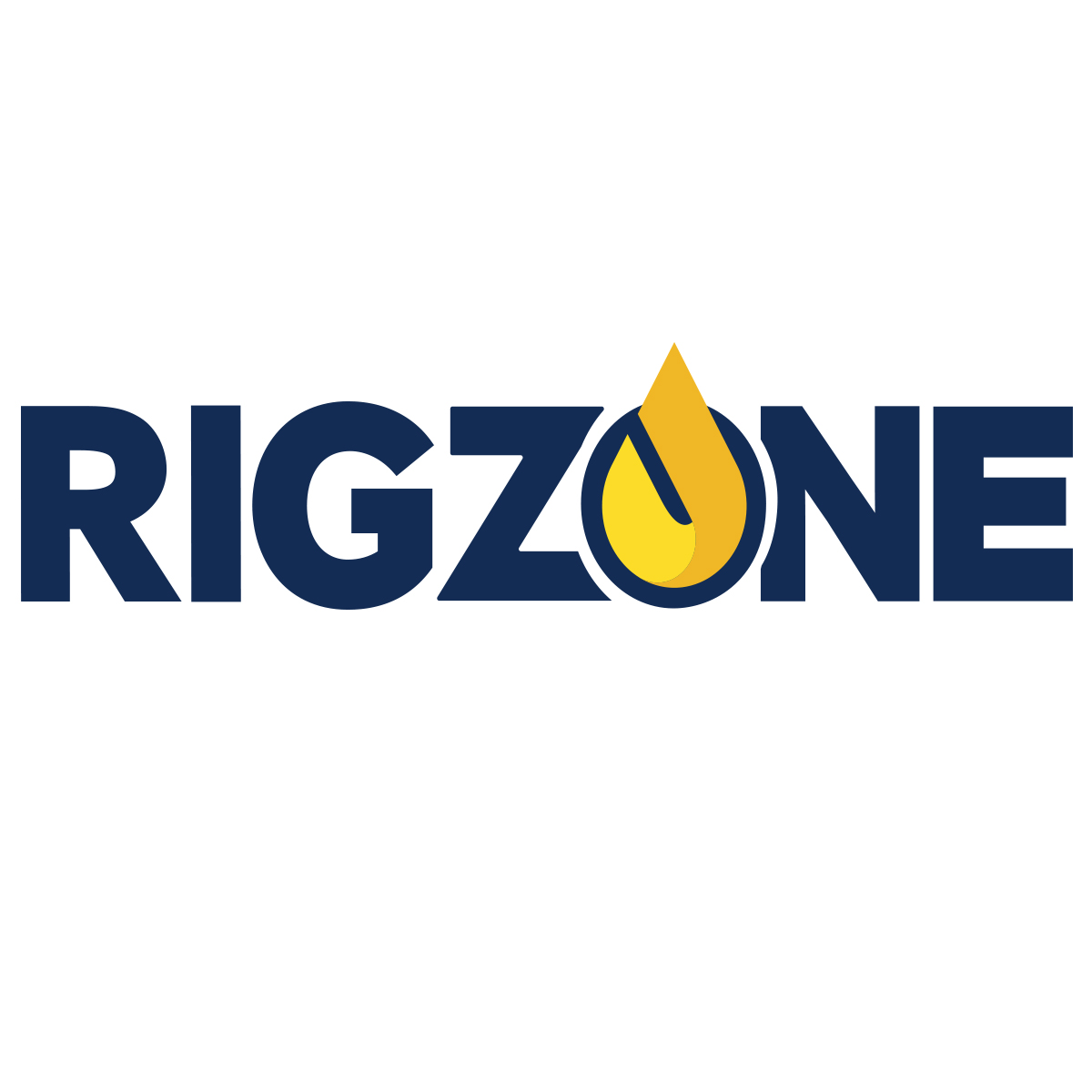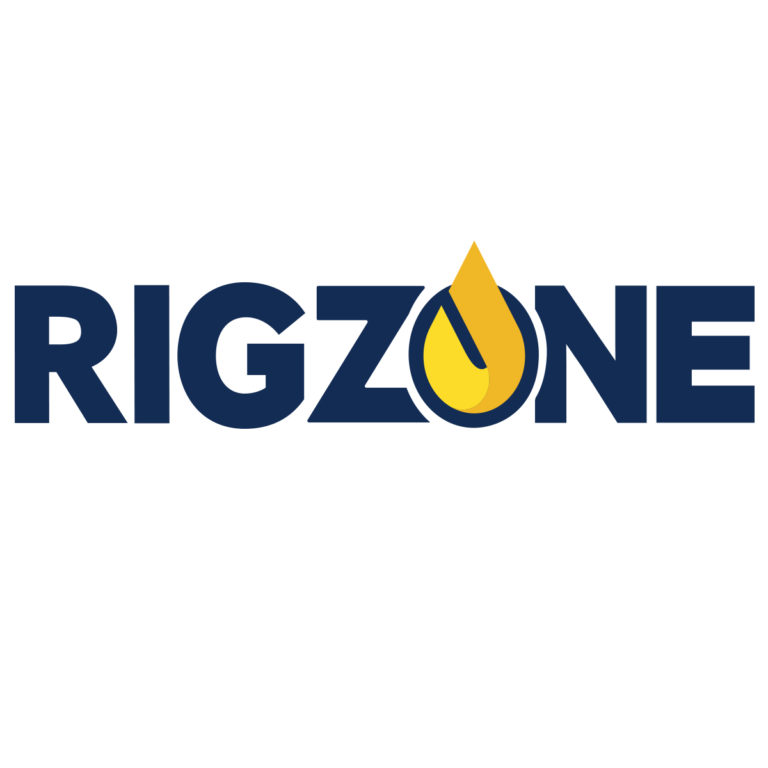
Oil Rises as G7 Leaders Assess Capacity Limits

Oil rose for a third day as global output threats compound already red-hot markets for physical supplies, while the Group of Seven agreed to look into a price cap for Russian oil.
West Texas Intermediate futures rose to trade near $112 on Tuesday. G-7 leaders said they want ministers to urgently examine how prices of Russian oil and gas can be curbed, a move that comes as government data shows that Urals has appreciated relative to Brent crude.
The most notable moves in recent days have been in more specialist market gauges. A contract known as the Dated-to-Frontline swap — an indicator of the strength in the key North Sea market underpinning much of the world’s crude pricing — hit a record of more than $5 a barrel. The rally comes amid growing supply outages in Libya and Ecuador, exacerbating ongoing market tightness.
“We’re in the crunch period, it’s hard to see any meaningful price relief for crude,” said John Kilduff. There’s a lot of strength with China relaxing its Covid restrictions and starting its independent refiners, “we’re going to have another chunk of demand for crude oil,” as China relaxes its Covid-19 restrictions.
Oil is up about 50% this year, but the strength in physical markets has run contrary to a sharp slide in headline prices in recent weeks. While fears of a global economic slowdown have weighed on futures, demand remains robust for now. US retail gasoline prices remain near record highs, causing pain for consumers. A recovery from Covid-19 and a shortage of refining capacity to make fuels continue to keep prices at record highs.
The tight supply situation in is revealing itself in the WTI-Brent spread, grew to $6.19, the widest in almost three months. “European demand will remain robust, especially as natural gas supplies run out, while the North American demand for crude is weakening,” said Ed Moya, senior market analyst at Oanda.
Prices:
- WTI for August delivery rose $2.19 to settle at $111.76 a barrel in New York.
- Brent for August settlement gained $2.89 to $117.98 a barrel.
Oil also rose as broader sentiment was boosted by China’s move to halve the amount of time new arrivals must spend in isolation, the biggest shift yet in its pandemic policy.
Travelers to China must spend spend seven days in centralized quarantine, then monitor their health for another three days at home, according to a government protocol. That compares with 14 days of hotel quarantine in many parts of China currently, and as many as 21 days of isolation in the past.
The prospect of additional supply from two of OPEC’s key producers also looks limited. French President Emmanuel Macron told US President Joe Biden that the United Arab Emirates and Saudi Arabia already are pumping about as much as they can. Macron was relaying a conversation he had with UAE ruler Sheikh Mohammed bin Zayed. OPEC+ ministers gather on Thursday.
Published at Tue, 28 Jun 2022 12:56:43 -0700



